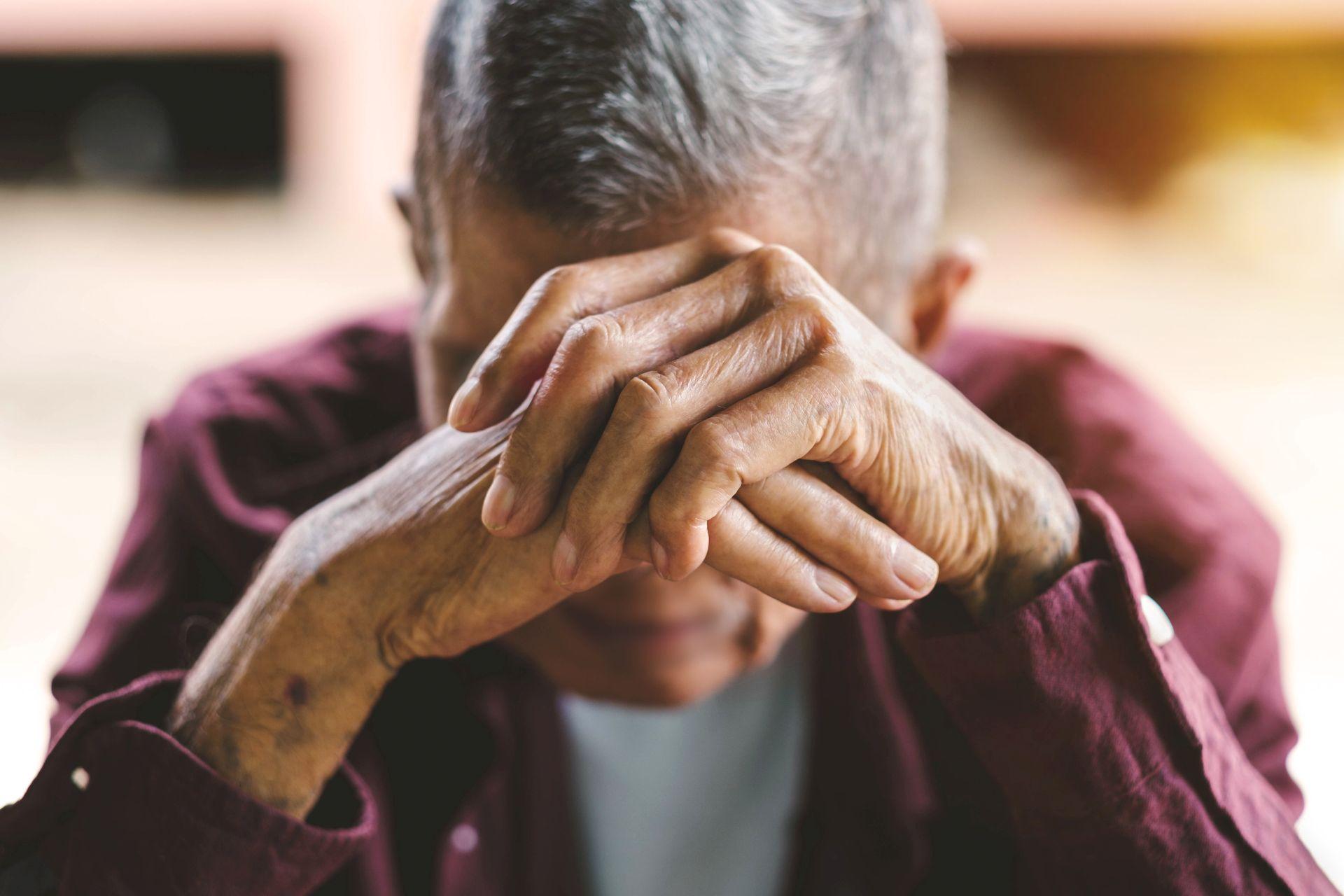Table of Content
World Elder Abuse Awareness Day is Saturday, June 15. But recent data about abuse and senior citizens reveals a growing problem that should have our attention each day.
At least one in 10 Americans above the age of 60 has experienced some type of abuse according to the Centers for Disease Control and Prevention. The same agency reports an alarming +53% increase in non-fatal assaults against adults 60+ from 2008-2016.
For nursing home residents, the potential for neglect and abuse only increases.
“Nursing home residents are often frail, requiring extra care and supervision,” said Sal Marino, a partner in the law firm Dalli & Marino, LLP. “Most instances can be traced to a lack of proper staffing at the facility. The signs can be subtle, so you have to know what you’re looking for.”
Some telltale signs of abuse in nursing homes include:
Bedsores
Also called pressure sores, these injuries occur when a patient sits or lies in one position too long, cutting off blood circulation to the skin and tissues underneath. The sores become more severe the longer they are untreated. An estimated 13% of nursing home residents experience bedsores.
Falls
Nursing home residents fall with alarming regularity. About half of the 1.6 million patients in nursing homes fall each year, according to the Agency for Healthcare Research and Quality. Many of these falls occur due to a lack of proper monitoring by staff or an unsafe environment, such as bad lighting or uneven floors.
Medication Errors
If a resident changes behavior, appearing lethargic or confused, there may be errors in their prescribed medications. Each resident’s drug regimen must be free from unnecessary drugs and excessive doses.
Dehydration/Malnutrition
Weight loss may indicate improper levels of nutrition and protein in their diets.
If a resident needs help eating, a nursing home must provide that assistance. Malnutrition and dehydration can also complicate bedsores.
Physical Abuse and Neglect
A nursing home resident is legally protected from verbal, mental, sexual, or physical abuse as well as involuntary seclusion.
You have several options if you suspect abuse of any kind according to John Dalli, a partner at Dalli & Marino.
“If you trust the nursing home management, you can report your concerns and ask for a swift review, said Dalli. “You can also contact a New York state ombudsman, who investigates complaints against nursing homes or to the Adult Protective Service Agency. An attorney can also help you file reports with a number of other appropriate organizations.”
Contact Dalli & Marino LLP
Dalli & Marino, LLP has been providing top-tier representation, and we have recovered millions of dollars, for families in cases of nursing home and other skilled care/elder care facility neglect and results of understaffing, in Suffolk and Nassau Counties (Long Island), Manhattan, Brooklyn, the Bronx, Queens, Staten Island, and Westchester County, since 1995.
Please contact our team to discuss your case, or with any questions, at 1-888-465-8790 [Toll-Free], or by completing the CASE EVALUATION Form on our Contact Page.



